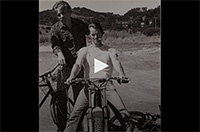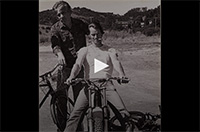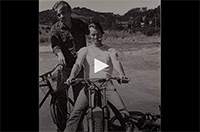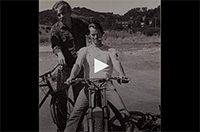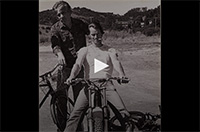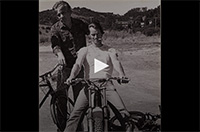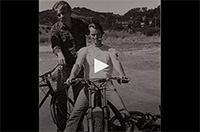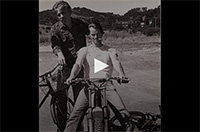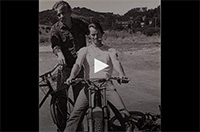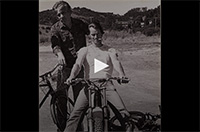John Garland Flowers oral history interview
Description
This is the transcript from the first of three interviews that Bruce Roche conducted with Dr. Flowers just prior to his retirement. Dr. Flowers (Class of 1913) was President of Southwest Texas State College from 1942-1964. In this interview, Dr. Flowers talks about the history of education in Texas, his educational philosophy, and the need for vocational schools to provide practical skills to their students. He also talks about growing up in a family that had books in their home, and how he was encouraged to get his master’s degree at the age of 30. Interviewer Bruce Roche was director of the College News Service. This interview was the source material for his article “Goal: Excellence – Dr. Flowers’ Lifelong Watchword,” published in the Austin American-Statesman on August 30, 1964.




